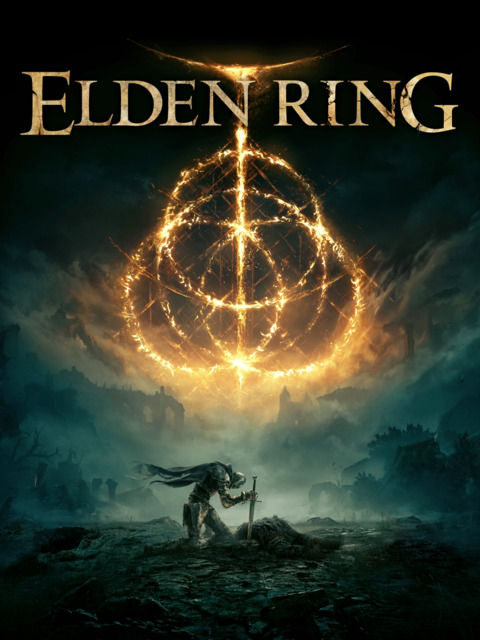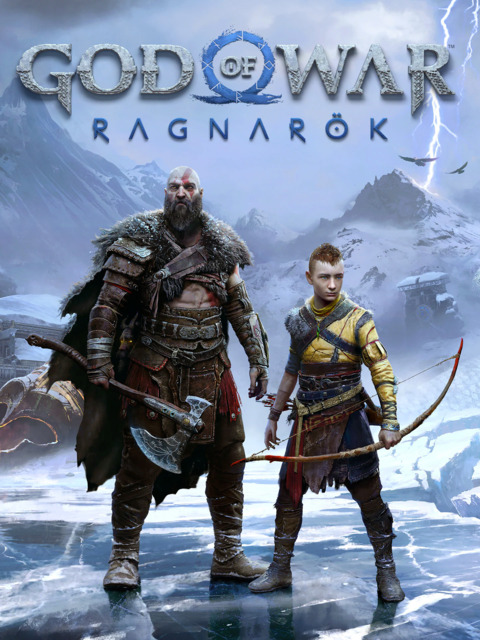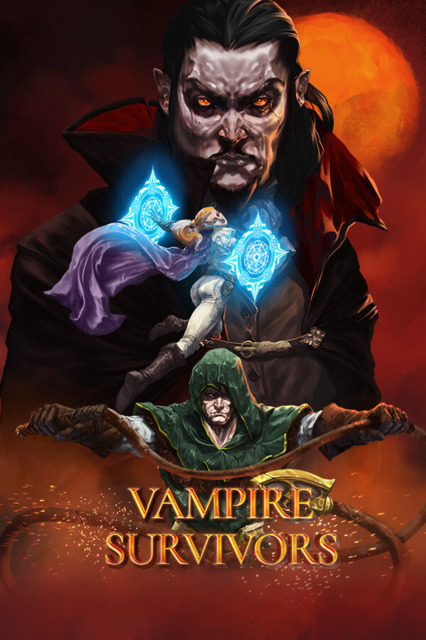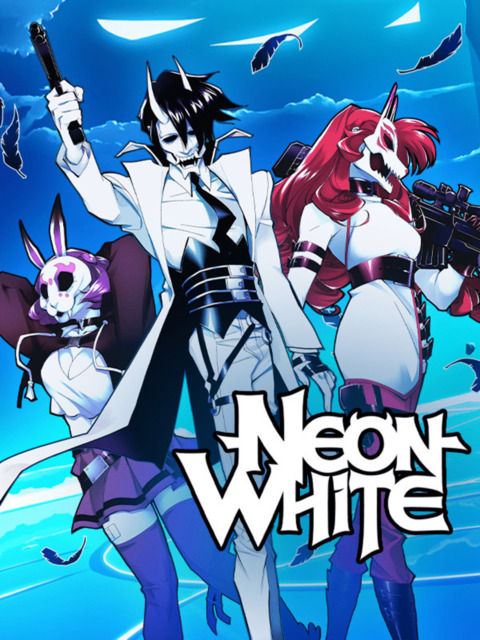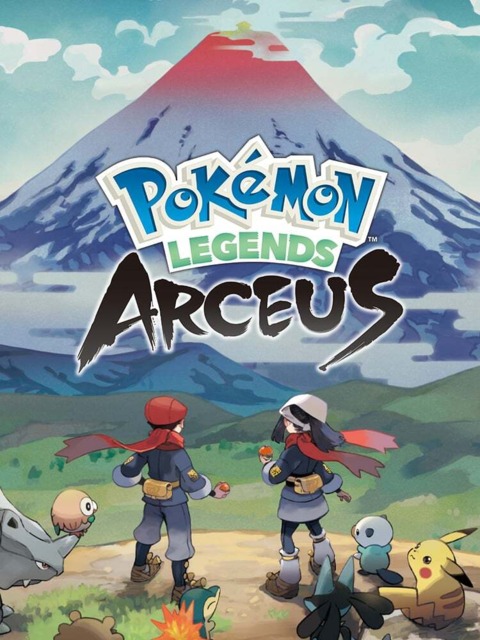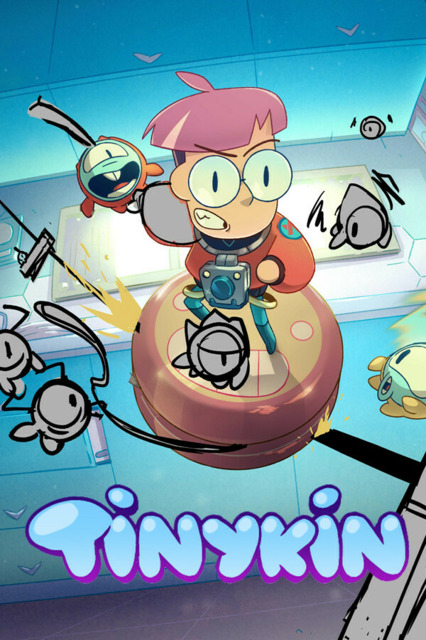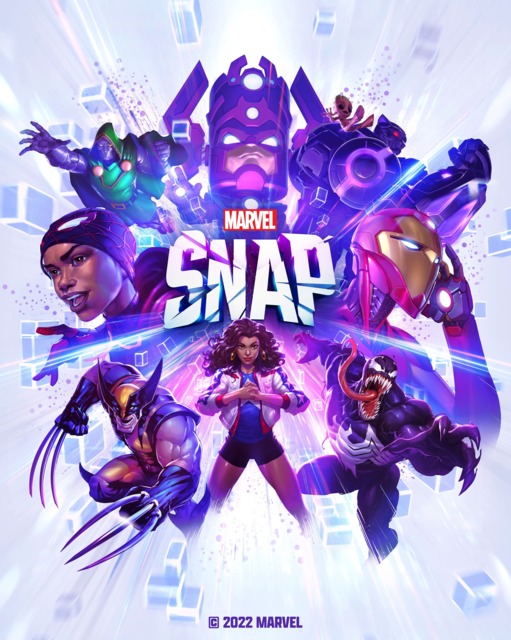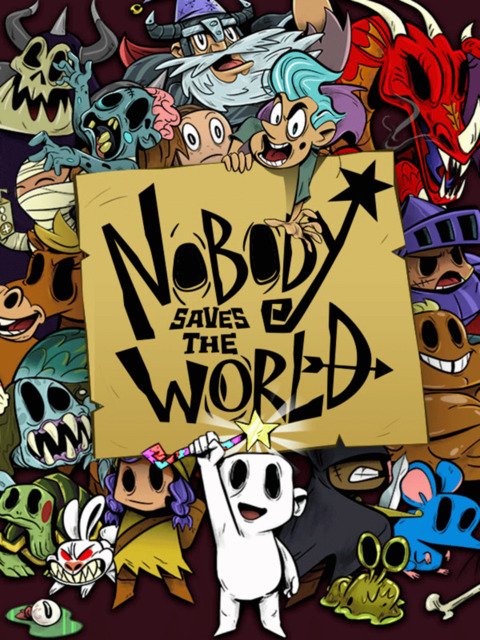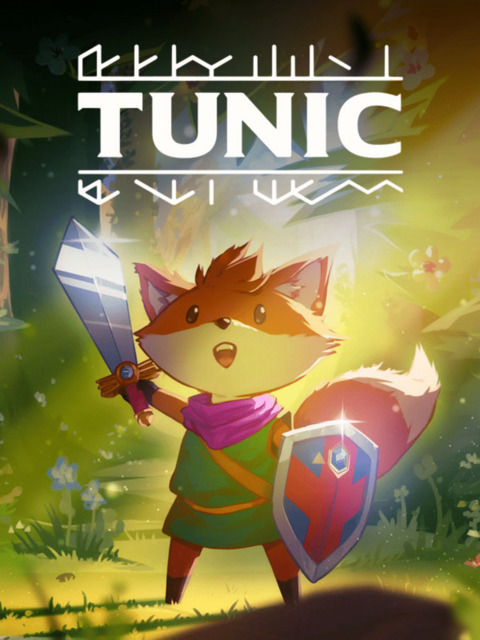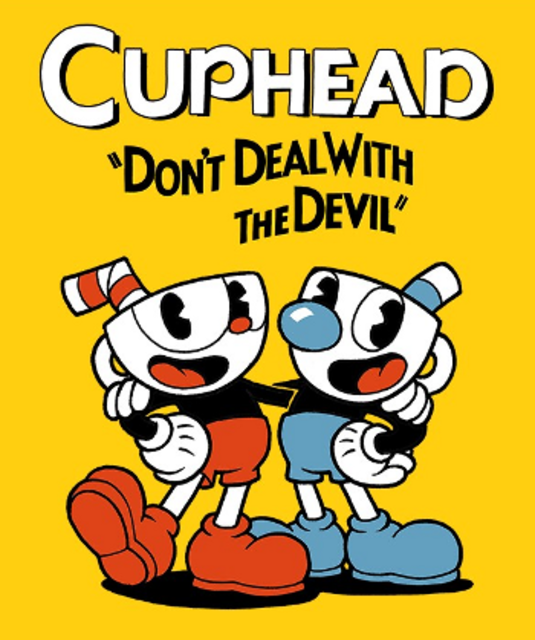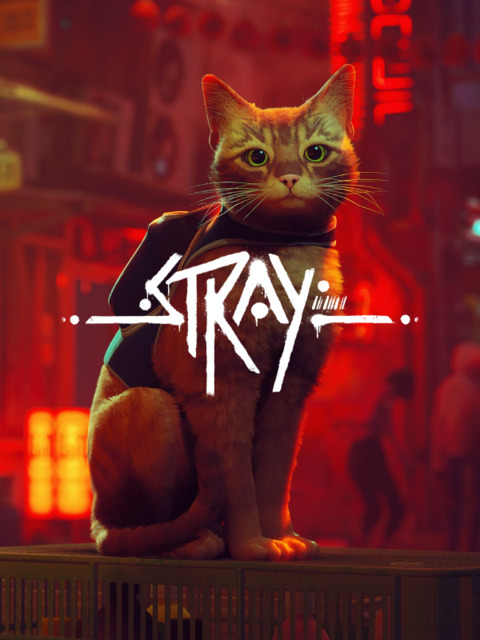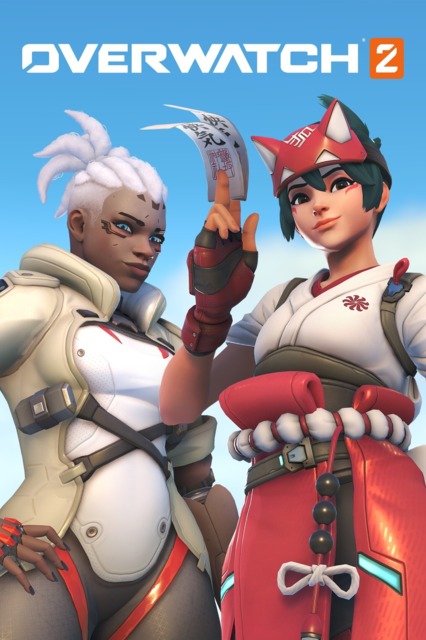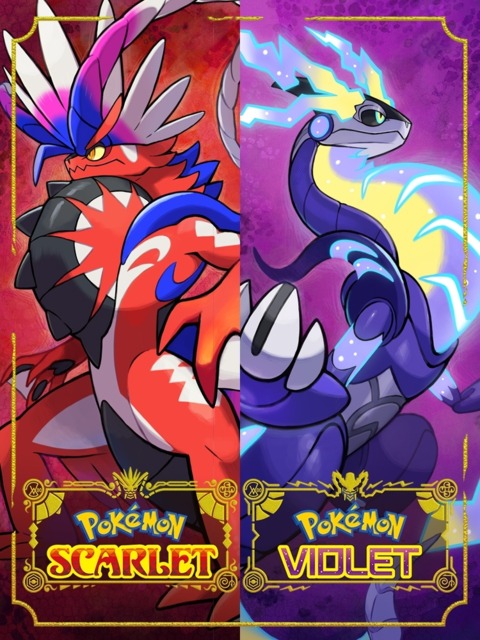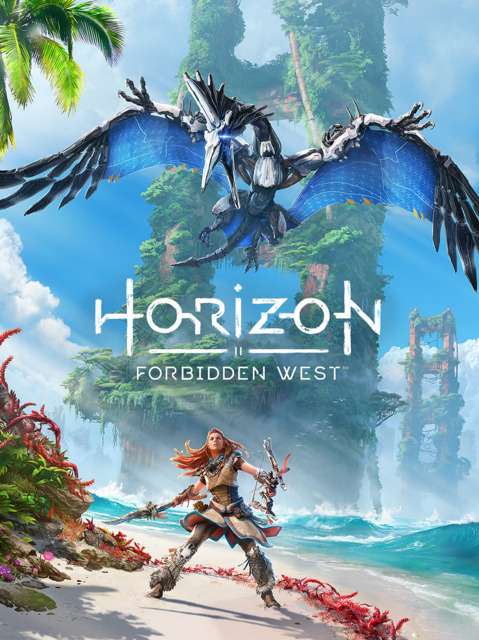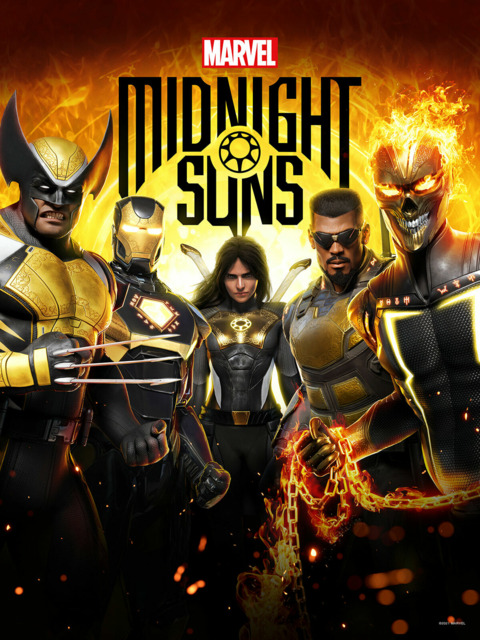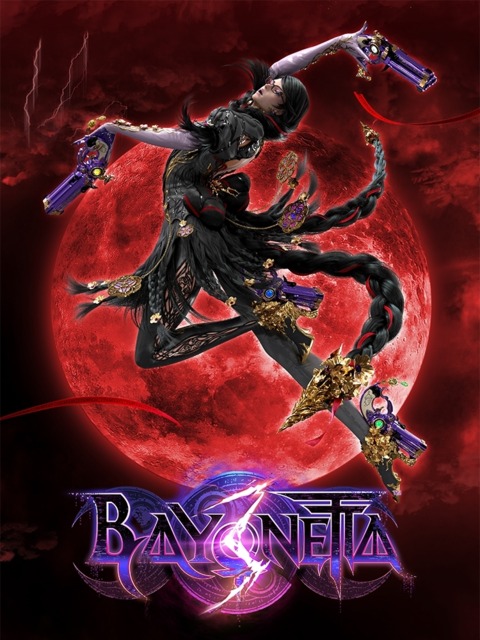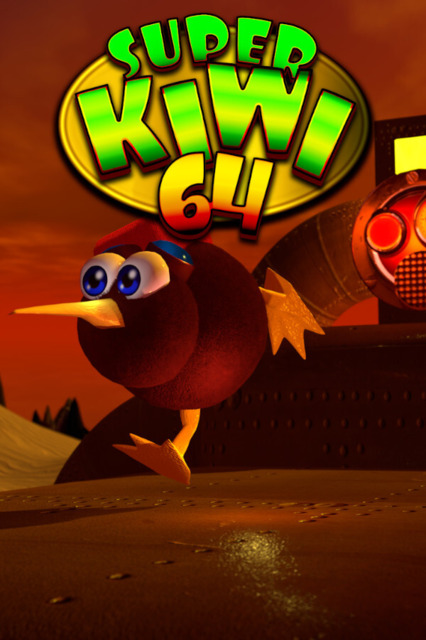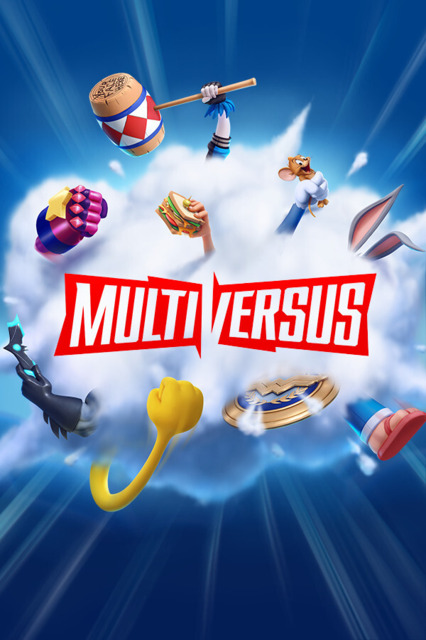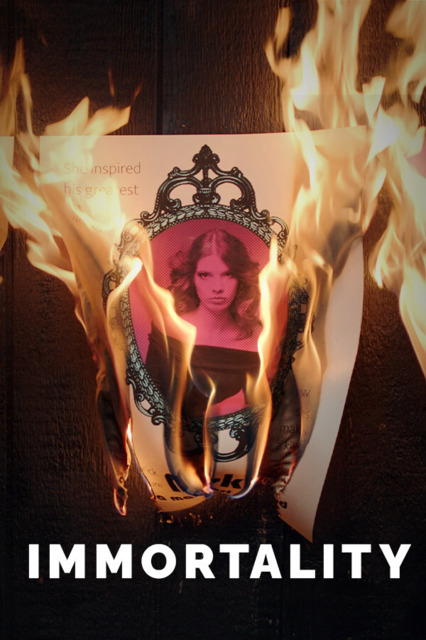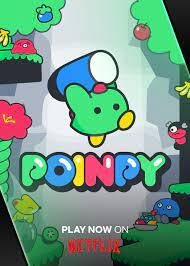2022 Ranked
So what can be said about this year's slate of interactive entertainment? To my mind, it is, frustratingly, a year dominated by disappointments more than successes. Plenty of big games came out, but a lot of them had frustrating flaws that kept them from fully delivering on their promises. A sparkling selection of smaller, indie games emerged to fill in their spaces. And hanging over all of it was this special, practically flawless experience that came out in February and was so demonstratively the best game of the year all year that it made any debate in these final weeks feel like a bit of a shoulder shrug. I liked a ton of games, but I'm not sure that I loved that many.
My free-time dwindled as I ventured back into graduate school. My focus on the games industry as a whole dipped significantly. I think part of me is sad that there's just so little to be truly excited for this year. Maybe it's the COVID dip, maybe it's just my own lessening engagement. There's certainly plenty in next year's list that excites me. But I've also grown a bit cautious that a big name or expectations don't always hold firm.
Here are the games I played and how I felt about them. Start at the bottom and work your way up.

